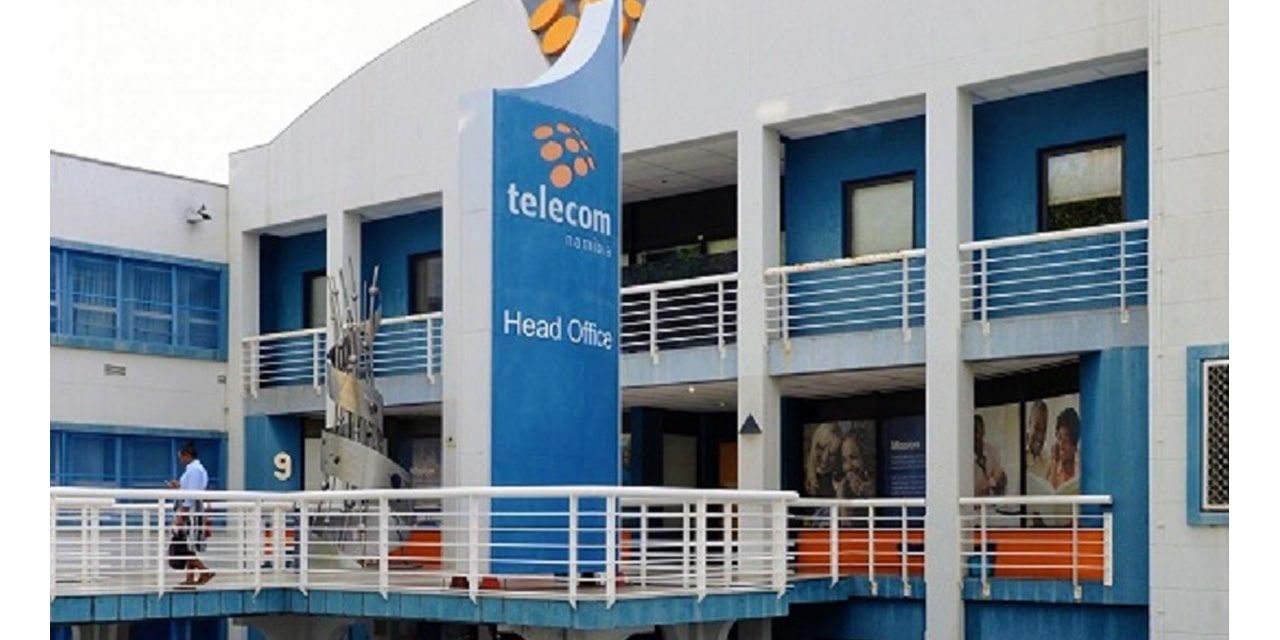Ester Mbathera
An internal audit by Telecom Namibia in 2021 red-flagged their weaknesses, listing their troubled billing system, lack of controls and record keeping, costing the company N$69.3 million.
The head of internal audit and risk management, Kgomotso Hochobeb, wrote to the Telecom chief executive officer (CEO), Stanley Shanapinda, requesting urgent management intervention in these weaknesses.
This audit is part of leaked information from Telecom Namibia valued at N$5.4 billion (U$300 million) by hackers Hunters International.
It exposed over 626 gigabytes of sensitive data of over 493 000 individuals, ministries, state-owned enterprises and private businesses.
The leaked trove includes copies of people’s IDs, bank details, customer contracts, and internal budget reports covering Telecom’s operations between 2021 and 2024.
The audit stemmed from billing errors picked up, which found that they have critical control weaknesses.
“Control weaknesses that are regarded as serious and require management action within a short period of time,” the audit stated.
The audit covered 1 August 2019 to 16 July 2021.
They found that the billing system was outdated.
They found that it lacked supervision, and too many individuals had access.
“System users might credit their friends fraudulently, and no one will pick it up. Errors and mistakes will be left unnoticed, [and] unauthorised transactions,” the audit found.
The system overcharged customers, subtracted airtime without any activities on numbers and failed to update the balance after airtime was recharged.
Whenever these errors were brought to their attention, the staff would adjust the customers’ credit.
“There are, however, no documented daily controls to confirm that all amounts credited to customers’ accounts are eventually debited to avoid double credits,” the audit stated.
They audited the top 100 adjustments that were passed by mistake and were reversed instantly.
“The total adjusted amount, which was later reversed, totalled N$ 69 371 552.79,” the audit revealed.
One customer was erroneously credited with N$100 000.
“A balance of N$100 000 was credited to a customer’s account on 24 December 2019. After several queries, the agent who passed the adjustment could not figure out why the adjustment was done,” the audit report states.
DEBT
Government offices, agencies, and ministries owe Telecom millions of dollars.
One of these is the Office of the Prime Minister, which owes one of the largest amounts, N$2.4 million.
The Public Service Commission owes the national telecommunications operator N$266 045. The commission received N$35,3 million in budget allocation from the government.
Namibia Civil Aviation Authority owes N$121 394 to the company.
The Ohlthaver and List Trust owes N$69 869.
STAR PERFORMER
Despite several network challenges over the years, Shanapinda scored 4.4 out of 5 for his performance appraisal.
He was scored by the board chairperson Melkizedek Uupindi for 2023.
Shanapinda’s first performance indicator is simplicity—keep it simple and get work done, where he scored four.
“Works very hard and inspires everyone to get work done on time, not always in the most simple manner, but it gets done on time,” the appraisal stated.
The second indicator is innovation, where he is expected to embrace change and welcome the future, where the CEO scored five.
“Very good at living this value, on top of the latest developments and trends to ensure that Telecom Namibia leapfrogs to the future. Always displays the value and open to future changes,” the chairperson commented.
Shanapindi scored four on teamwork, with the board chairperson stating he can improve on this value.
“[He] is a self-starter, and often, if the team is slow, he does things on his own to finish,” the appraisal reads.
In terms of integrity, the CEO was rated four and described as honest, accountable, and transparent in his dealings.
“The executive committee is not on the same page on all strategic matters, and this affects the level of transparency in the team – we need to improve,” the appraisal stated.
Shanapinda received a score of four for sustainability on the last indicator, indicating that he is a forward thinker and plans ahead.
“Output of the headcount committee will not sustain the company in the long run; we need to capacitate the company to maximise ownership at operational levels,” the appraisal states.




